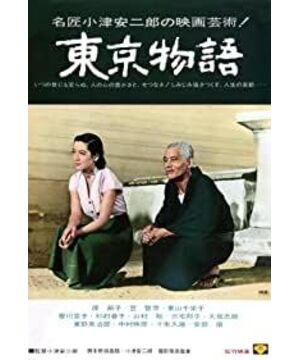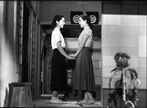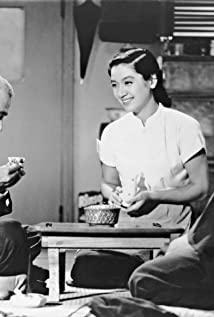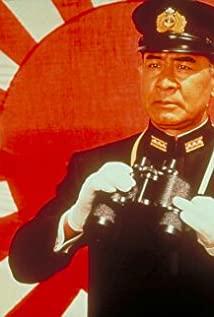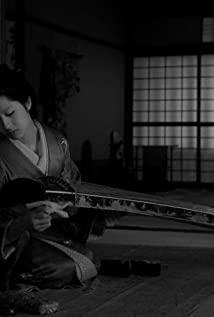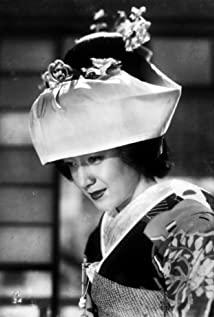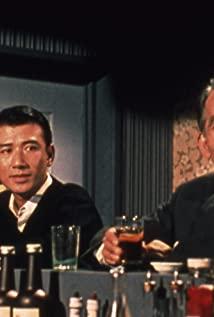I have seen others say that it is dull under the Berlin sky, but compared to Tokyo Story, it is not dull under the Berlin sky. In 60 minutes of Tokyo Story, what I wanted to say was actually enough. In the next 46 minutes, before the old mother died, two old people said at the window that they were happy enough, and if they stopped here, it would be complete. . After all, emotional expression has always been gentle, and there is no need to create tension again.
The death of the old lady was naturally in response to the younger son's words. After he was critically ill, the younger son was not able to come to see him for the last time. This arrangement of the screenwriter was a bit too obvious. Thanks to the rhythm of expressing everyone's reactions, one by one.
In the whole film, the control of suspense and the omission of the content that is not shown are just right. There is no mention of moving around in several homes, nor how often to spend more time with the elderly and delay the work of the daughter-in-law.
From the story, it is a very simple story. In the family, the eldest son, the younger son, and the eldest daughter cannot be counted on, but the second daughter-in-law is very filial to her parents-in-law. The in-laws also know the situation. The youngest daughter is the only one who sees everything clearly. And the unfilial people are not very filial every time, cut corners or be a little disgusted; the filial people are always perfect. Although the plot is related to the background after the war, it is almost not based on the background.
I want to say two things:
one is its relationship with the old gun, and the other is the relationship between Japan and the West. These two issues may also be regarded as one and the same.
The old gun is a French film, and the soundtrack is very good. Although the time is still 20 years late, I think of the old gun when I watch Tokyo Story. The subject matter is family. The rhythm of the old gun shooting is relatively ruthless, making people shed tears, and Tokyo Story is crying ticking. In comparison, Lao Gun's feelings are actually richer. Its narrative is section by section, with interludes and flashbacks, bringing people into the story. To put it simply, it makes you suddenly realize that German devils are too hateful. This family is so beautiful. Tokyo Story is basically in chronological order, and if there is a leap, it will cross a little, and people will be introduced slowly. The two films are also very similar in the lens.
Speaking of Japan and the West, it is relatively simple to characterize the costumes. The contrast between the first shot and the second shot is very large. I didn't realize it was Japan. When I saw the little hat of the primary school student, I was surprised. Looking at the clothes, especially the second daughter-in-law, it is the post-war style of the United Kingdom and the United States, and the hairstyle is also similar. The state of work is more similar. Besides the lens, there are almost no close-ups, and more mid-range panoramas, which are very mediocre. What's more interesting is the soundtrack. The ones with obvious oriental imprints are the music from Atami and the music used in "The Devil Has Come", and the latter is military music and not so Japanese. Others are rather French. All of these made me think for a while, Ozu wondered if Japan was very close to the West.
In the end, the empty mirrors in Tokyo Story are too random to work.
I have to say that it is not easy to make a film like this in 1953, but everyone's attitude towards it is a little bit of historical value.
View more about Tokyo Story reviews


